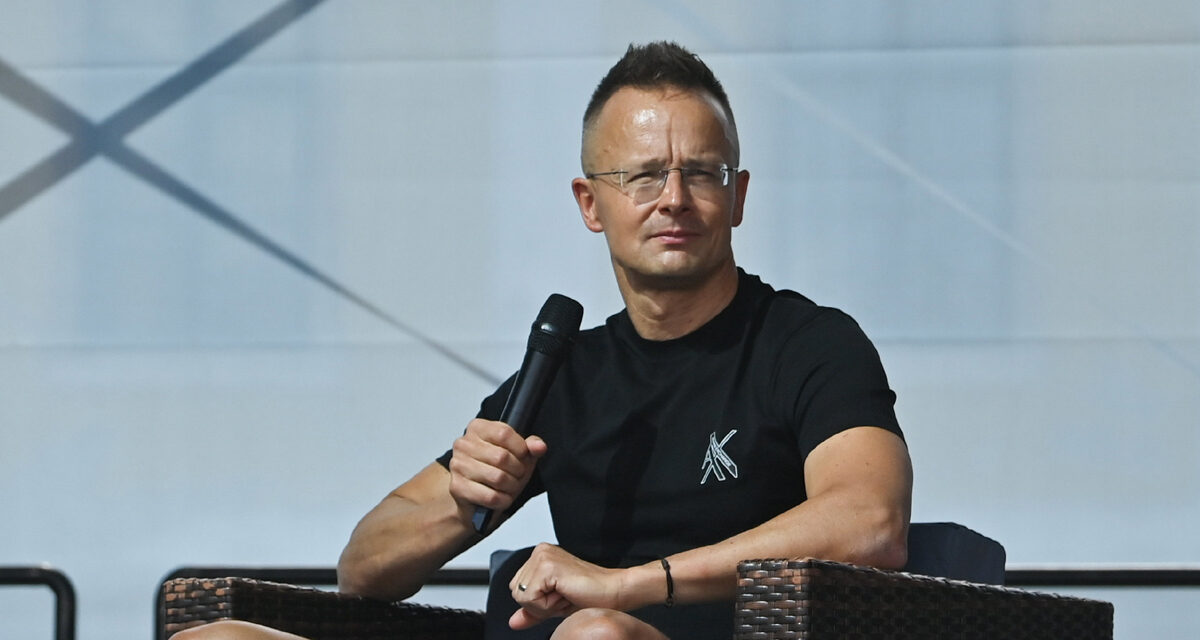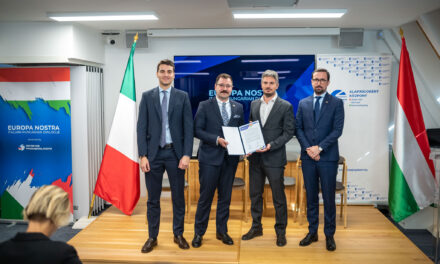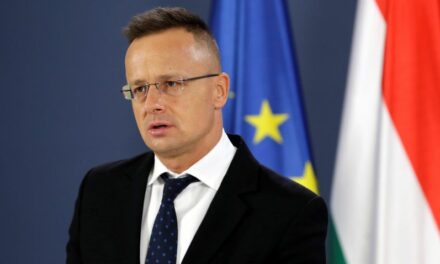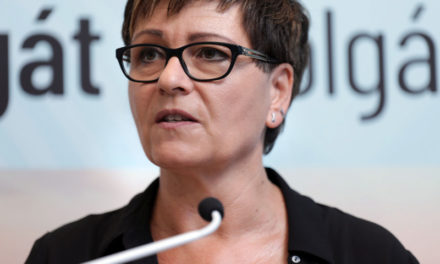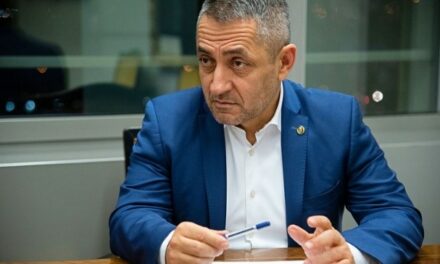The Slovak Ministry of Foreign Affairs summoned Csaba Balogh, Hungary's ambassador to Slovakia, because of the statements made by Péter Szijjártó in Slovakia on September 26 and 27.
The ambassador was asked to interpret Slovakia's reservations to the Hungarian minister regarding his interference in the election campaign and the support of specific political subjects, the communications department of the Bratislava foreign ministry said.
"The Ministry of Foreign Affairs believes that such actions go beyond the norms of diplomatic communication," said the ministry in Bratislava regarding the statements made by the Hungarian Foreign Minister at meetings held in the villages of southern Slovakia on September 26 and 27.
The ministry added that Slovakia is interested in building good neighborly relations with Hungary, wants to build on what connects the two countries, and looks to the future.
Minister of Foreign Affairs and Trade Péter Szijjártó previously indicated that he sees nothing wrong with participating in a public event with the Alliance's candidates a few days before the Slovak election.
In an interview with the newspaper Új Szó, Péter Szijjártó said: his only goal is for Hungary and Slovakia to have good relations, but he admitted that there are topics on which the two countries will never agree, but at the same time, he also wants the Hungarians in Slovakia to be represented again in the parliament in Slovakia.
He added that he wanted the Alliance to succeed; "interestingly, almost all Slovak politicians in Slovakia told me that they too want the Alliance to succeed".
"We support the Alliance, but not because we are interested in Slovakia's domestic political outcome, but because we strive for good relations with Slovakia. And in good Slovak-Hungarian relations, we always see Hungarians from the highlands as a resource and a connecting link. We believe that if there is a strong representation of Hungarians from the highlands in Bratislava, it will help us to maintain Hungarian-Slovak relations at the high level where they are now, or even improve them further," emphasized the head of the ministry.
He noted that it was not by chance that he had been invited now, as it was not by chance that he had come now. "I'll say it again, I'd really like to be able to count on a strong Hungarian representation in Bratislava as a resource in the future shaping of Hungarian-Slovak relations. This means that I would like the Alliance to enter the parliament. But I don't want this because I'm interested in Slovakia's internal politics, but because, based on experiences in Romania, Serbia, Slovenia, and Croatia, I think that if the Hungarians there have a strong representation in the country's capital, it will add to the relationship between the two countries" - underlined.
To the suggestion that Péter Szijjártó recently also commented on Slovakia's internal affairs, the minister replied that if one observes the processes objectively, it is very difficult not to notice that when an election is approaching, it is somehow always in favor of patriotic, conservative, national interests politicians who take a stand are brought to court. This is the case in the United States of America, and it was also the case in the Czech Republic, he added.
"Obviously, it is completely accidental in Slovakia that the legal process has reached here now. Charges are being brought against the Bosnian Serb leader. It is therefore a process that can be observed in Europe and America," he said, adding that, as it turned out afterwards, there was also such an intention in the case of the Hungarian election preparations. It was not by chance that several tens of millions of dollars moved in order to ensure the success of the opposition in Hungary.
"All in all, I only wanted to draw attention to a phenomenon, without describing any specifics. So I wish the Slovak parties and the Slovak police good luck in maintaining the rule of law in its impeccable quality so far," he said.
When asked why he supports Smer, Péter Szijjártó answered: "I have never supported a Slovak party." "If, say, Robert Fico becomes prime minister, because that's the way it is - I'm not saying yes, only if he becomes prime minister - then of course we will have disputes, but there will be cases where we can work together just as well as before. However, the fact that someone evaluates my meeting with the former prime minister as my stance in favor of Smer is a rather rough association," he pointed out.
Regarding the ban on dual citizenship in Slovakia, he said: "This is an issue on which we have never agreed, and I don't know if we will ever be able to agree. We will never change our position on this matter, and I'm afraid neither will the former prime minister, so this will certainly not be a point on which we will be able to work together or come to an agreement," emphasized Péter Szijjártó.
He explained that Hungary has Schengen borders, as Croatia and Slovenia are part of the Schengen system. It is very difficult to say whether the migrants arrive here or through the Serbian border, he added.
In response to the suggestion that a large number of asylum seekers and migrants from the Middle East appeared on the Slovak side of the border just now, in the weeks before the Slovak election, Péter Szijjártó said: "Let's not act as if we are talking about a new phenomenon in relation to migration. We have been fighting this since 2015, and since then we have been protecting our southern border with superhuman strength. And the pressure is increasing. But it has already happened that they shot at our border guards. Migrants have weapons, as do people smugglers. And we still do not receive any help from Brussels in order to be able to protect the external border of the European Union".
Parameter.sk
MTI

